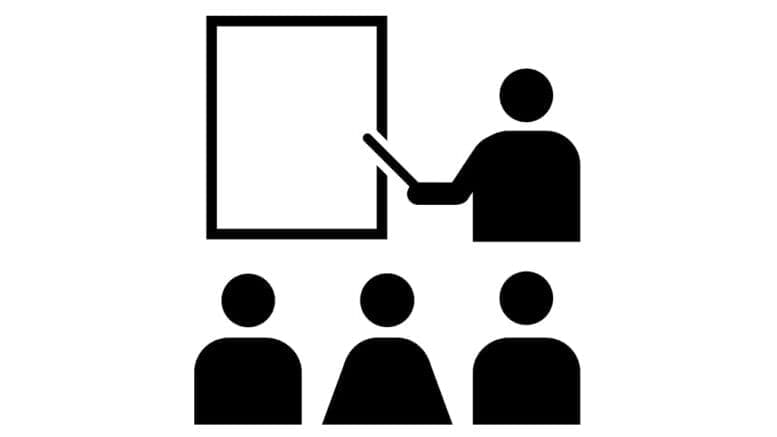by Jay Bookman, Georgia Recorder [This opinion article first appeared in the Georgia Recorder, republished with permission]
March 16, 2023
State Sen. Greg Dolezal argued on the floor of the Georgia Senate this month that his school-voucher bill offers students and parents a way out of low-performing public schools.
It does not.
Furthermore, it is not intended to do so. Like most voucher proposals, it is an attempt to funnel taxpayer money out of public schools to subsidize private-school tuition for middle- and upper-income students, using the plight of poor students as the excuse.
Let’s acknowledge: That plight is very real. As Dolezal noted, “there were 22 elementary schools in Georgia last year in which at least three-fourths of third graders could not read on grade level…. There were 10 middle schools in which zero percent of 8th graders – not a single child – scored proficient in math.”
Dolezal, a Republican from Cumming, did not identify those schools, but most if not all are undoubtedly in poor areas of the state, areas where families struggle to make ends meet. These are families struggling to make rent and pay bills, often unsuccessfully.
Dolezal’s proposal, Senate Bill 233, offers those families a $6,000 voucher that they can put toward alternatives to public school, such as private-school tuition. However, private-school tuition in established schools costs two to three times that much.
In Forsyth County, Dolezal’s home county, Horizon Christian Academy charges $14,250 a year for high school. Pinecrest Academy charges $21,750 a year. At the best private schools in the state, tuition is pushing $50,000 a year. To poor families confronted with such prices, a voucher of $6,000 isn’t a lifeline, it’s a taunt.
“If we were truly serious about education and its impact…, we would do something about it,” state Sen. Derek Mallow, D-Savannah, said during debate. We would make kindergarten a requirement, he said, and fully fund it. We would raise the dropout age. We would adequately fund pre-kindergarten, eliminating the lottery system that now dictates whether a young child wins admission to such programs.
But we do not.
Dolezal’s bill passed the Senate by a party-line vote and now awaits action in the House. Overall, however, voucher programs are not popular with voters. Since 1972, 11 states have held voter referenda on various forms of school vouchers. In every case, voters have rejected them. In 2007, the conservative Legislature in Utah passed a voucher bill over public protest, and voters were so angry that they forced a referendum on the question. Sixty-two percent voted against the voucher proposal.
In 2017, the Arizona Legislature passed a voucher bill much like that now proposed in Georgia. Again, public outrage was so strong that a petition drive led to a referendum on the voucher bill, and again, voters rejected it by a two-to-one.
Five years later, the Arizona Legislature again defied the clear will of the people and again passed a voucher program, but this time opponents have failed to generate enough signatures to put it on the ballot again. As a result, the program has been allowed to go into effect.
Sure enough, last fall, 75% of those applying for vouchers in Arizona were already sending their children to private schools. The money didn’t open many private-school doors to families whom economics had priced out of the option; it used taxpayer money to subsidize people wealthy enough to already have that choice, just as critics had warned.
And important as education is, there’s something even more basic at stake.
We are a diverse nation — ethnically, ideologically, geographically, economically – and we are in serious danger of devolving into tribal antagonisms that will undermine that sense of nationhood. The recent effort to break the City of Atlanta into two, splitting it into enclaves of rich and poor, black and white, is evidence of that danger, as is the talk by some of a vague civil war, of an unworkable “national divorce” between red and blue states.
We either surrender to those forces of disunity and retreat into our tribal enclaves, or we confront them by defending the institutions that bring us together.
Public schools build America. They are our common ground, our common commitment, the endeavor that requires us to cooperate and compromise despite our differences because for the most part, they are how we educate our children. Those who seek to disrupt that system, to take what they see as theirs and then withdraw and retreat, are nothing if not persistent.
Georgia Recorder is part of States Newsroom, a network of news bureaus supported by grants and a coalition of donors as a 501c(3) public charity. Georgia Recorder maintains editorial independence. Contact Editor John McCosh for questions: info@georgiarecorder.com. Follow Georgia Recorder on Facebook and Twitter.
